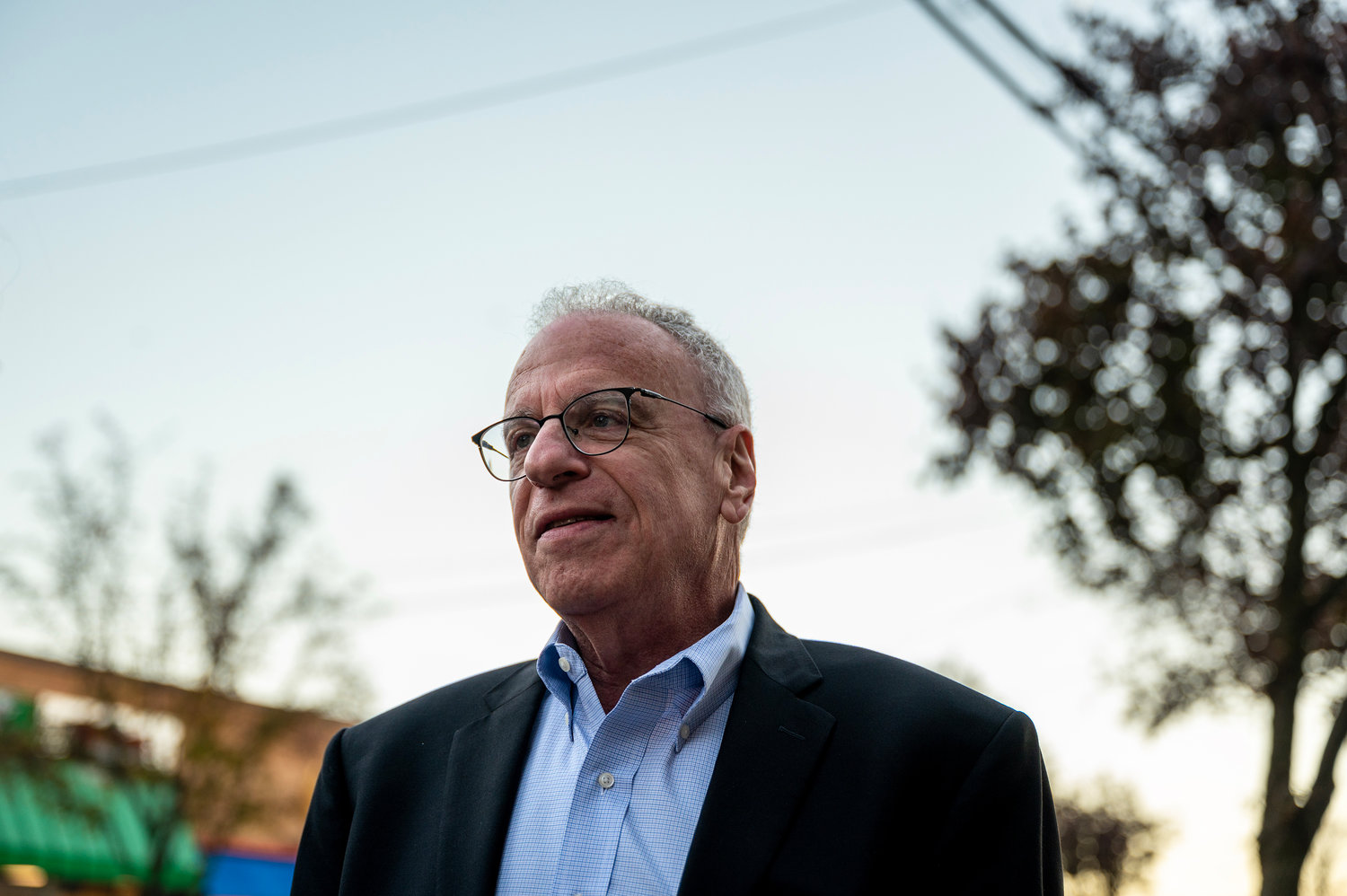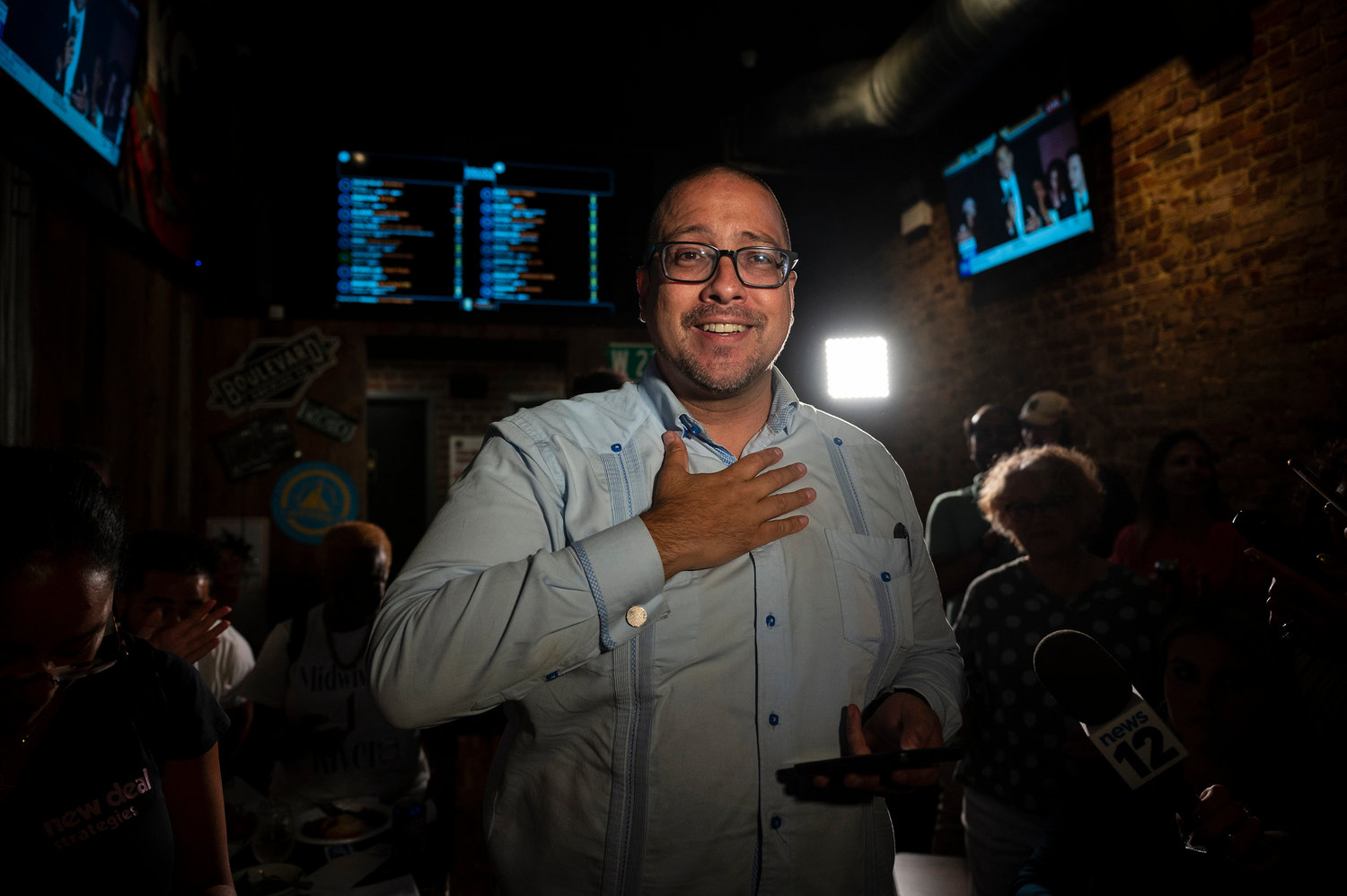What state lawmakers want to get done next session
Dinowitz focuses on addressing climate crisis, Rivera eyes health care
With the new legislative session just weeks away, state lawmakers are gearing up to begin the hard and often arduous work of trying to turn their budding bills into laws.
While electeds co-sponsor dozens and dozens of bills each year, much of their time really goes into a smaller number of proposals that they introduce themselves. So here’s a preview of the legislative priorities for the state lawmakers in the area.
The Assemblyman’s focus
One of the main pieces of legislation Democrat Assemblyman Jeffrey Dinowitz is focusing on is the Climate Change Superfund Act, which would generate $30 billion over a decade to combat the worsening effects of global warming by taxing the very companies that played a part in causing the crisis in the first place. The tax revenue generated from the companies that have led to the build of greenhouse gas emissions would go toward new infrastructure projects needed to reverse those effects.
“The basic thought behind the bill is that you got to clean up your own mess,” the Assemblyman said. “The polluters made the mess, and they should pay to clean it up.”
“I’m hoping that we can work on this and get this done, either as part of the state budget or if not then as legislation — stand-alone legislation,” he said. “What we want to do is to have environmentalists and labor on the same page on this. Often, that’s not the case.”
Dinowitz is also trying to work with fellow Democrat Gov. Kathy Hochul to help bring down utility bills, which have been on the rise for quite some time. Dinowitz’ proposed legislation would create an independent office that would advocate for utility consumers in the hopes of lowering rates across the state.
However, the legislation has been vetoed in the past by the governor’s office, which argued that this new utility advocate is redundant as the Department of Public Service is already serving that role.
“The reason that they gave for the vetoes in the past — and this was true both under Gov. Hochul and under Cuomo — was that it wasn’t necessary. That it was duplicative of other state agencies. But clearly, that’s not the case just judging by the results we’ve seen in the past couple of years,” Dinowitz said, referring to the spike in utility bills since the early days of the pandemic.
Many other states have an office dedicated exclusively to bringing down utility rates by engaging with energy providers at hearings or bringing lawsuits against them. “In some of the states, consumers have saved billions — billions with a ‘b’ — of dollars, as a result of the work of such an office in terms of keeping or helping to keep rates down,” he said.
Beyond those two pieces of legislation, Dinowitz said he will continue to advocate for the New York Health Act, which would abolish private health insurance in favor of a single-payer system.
It was first introduced in 1991 by Assemblyman Richard Gottfried — who is set to step down from office at the end of this term — and has been floating around Albany ever since. At the start of the new session in January, the bill is expected to find a new champion.
The senator’s focus
The senate version of the New York Health Act is, fittingly, the number one legislative priority for the chair of the senate health committee, state Sen. Gustavo Rivera. “It’s about taking a system that is led by commodification of health care and moving away from that,” Rivera said. “But that is a big, big, heavy, heavy lift.”
That’s partially because there are various labor unions that are working against its passage. “It is true that there are folks who are holdouts,” Rivera told The Riverdale Press previously. Those unions contend that they have foregone wage increases in order to bargain for better health care coverage. If the bill were to pass, all of those negotiations would be for naught.
“We’re trying to do something that’s so fundamental. Nobody else has done it in the country,” he said. “I have to make sure that everybody is on board. And I still have people in my conference who are not fully convinced.” That said, there are some powerful unions like SEIU that have put their weight behind the bill.
Another focus of Rivera’s is ensuring that high-income New Yorkers start paying more in taxes.
Rivera is a part of the coalition known as Invest in Our New York that relaunched earlier this month to push for a more progressive tax system in order to better fund public programs. The group aims to pass a package of six bills that would raise more than $50 billion by cutting tax breaks for the wealthiest New Yorkers.
“While New Yorkers struggle with the most unaffordable rents in the country and health care is inaccessible for too many families, it is imperative that our state budget prioritize the needs of working people,” Rivera said in a statement on the day of IONY’s first rally. “We cannot allow billionaires to get richer while communities like mine get left behind.”









